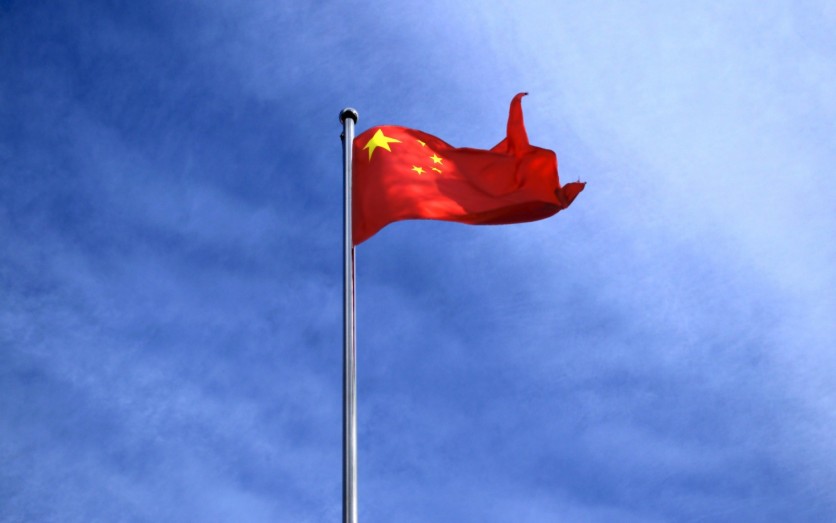
Technology has been quite marvelous for the past decades. From new smart gadgets to awesome applications, the industry of technology gained a lot of praise, at the same time, bashful comments from users and experts.
However, though technology benefitted people and industries, there were also times that this same medium can be scary and too powerful-- even to human beings.
Let's talk about Deepfakes
Deepfakes are just one main example of how technology can be too powerful in a negative way. This technology, as defined in CNBC, "refers to manipulated videos or other digital representations produced by sophisticated artificial intelligence, that yield fabricated images and sounds that appear to be real."
According to CNN, the problem of having 'deepfakes' on the internet is slowly becoming a massive thing, reaching at least 14,678 deepfake videos all over the online world. What's terrifying about this technology is that it can be used in the world of politics and on public figures, just like what happened to the United States House Speaker Nancy Pelosi.
The Drunk Nancy Pelosi
In May, a 'deepfake' video of Pelosi was distributed all over social media. When Pelosi had a speech at a Center for American Progress event in the same month, she made a comment against US President Donald Trump regarding the issue of his non-compliance in congressional investigations.
The 'distorted' video speech circulated on Facebook that showed and sounded Pelosi as 'drunk' due to its slurry speech and tone. The video turned out to be a 'deepfake' video as Washington Post released the original footage that shows the real and normal voice of Pelosi during the speech.
The case of Pelosi was just one of the most controversial 'deepfakes' that was distributed on social media-- making the technology sound too dangerous on different levels.
China and the history of 'Deepfakes' Videos
It is known that China is one of the leading countries when it comes to technology development and advancement. This is maybe the reason why the so-called 'deepfakes' were also spreading instantly in the country and on its people.
David Ingram, a tech reporter at NBC, investigated China's popular face-swapping artificial intelligence app named Zao. On this app, you can easily edit your face into becoming a famous personality or anyone you like just by having your face scanned by phones. Zao became one of China's top trending apps in 2019 and this fact became an issue for the Chinese government.
Chinese Government Bans 'Deepfakes'
As first reported in Reuters, China has announced a new set of rules on audio and video content online. Deepfakes and other AI technology-based videos and audios will be banned from the country-- if the owners of the videos will not put a clear remark that it is an edited video.
Deepfake technology, as described by them, "could endanger national security, disrupt social stability, disrupt social order and infringe upon the legitimate rights and interests of others."
The Chinese government even gave a powerful statement that they are looking to make the creation of 'deepfakes' as illegal to curb the impact of the technology. The rules were to take effect on Jan. 1, 2020.
ALSO READ: 3 Major Ways AI is Improving Our Lives That Most People Don't Know About
ⓒ 2026 TECHTIMES.com All rights reserved. Do not reproduce without permission.




